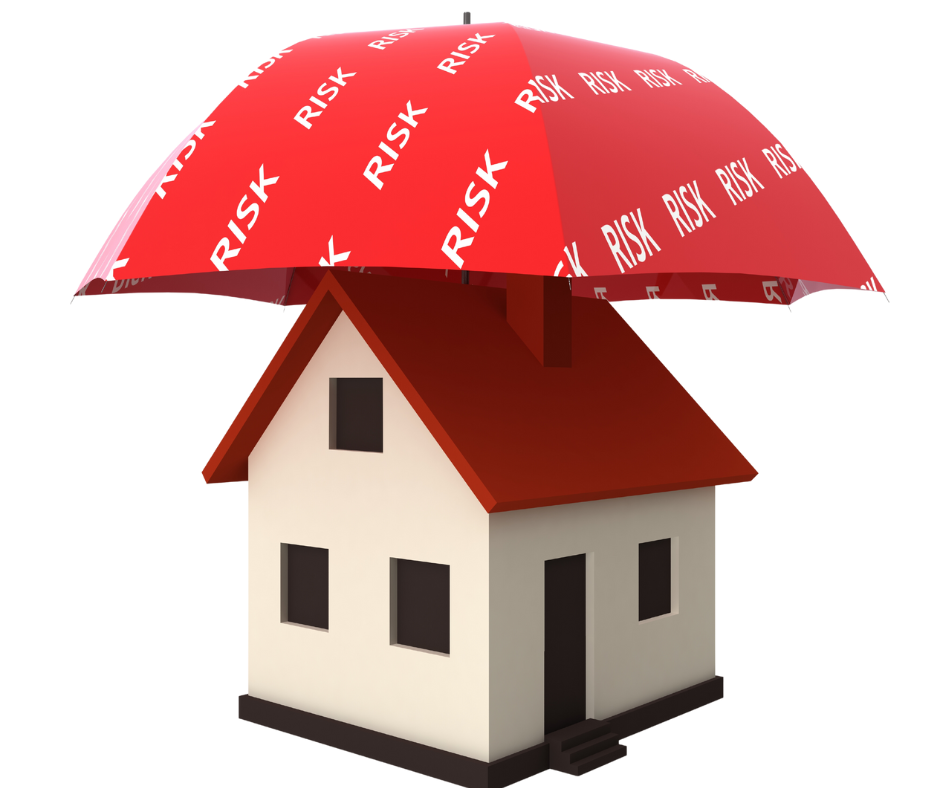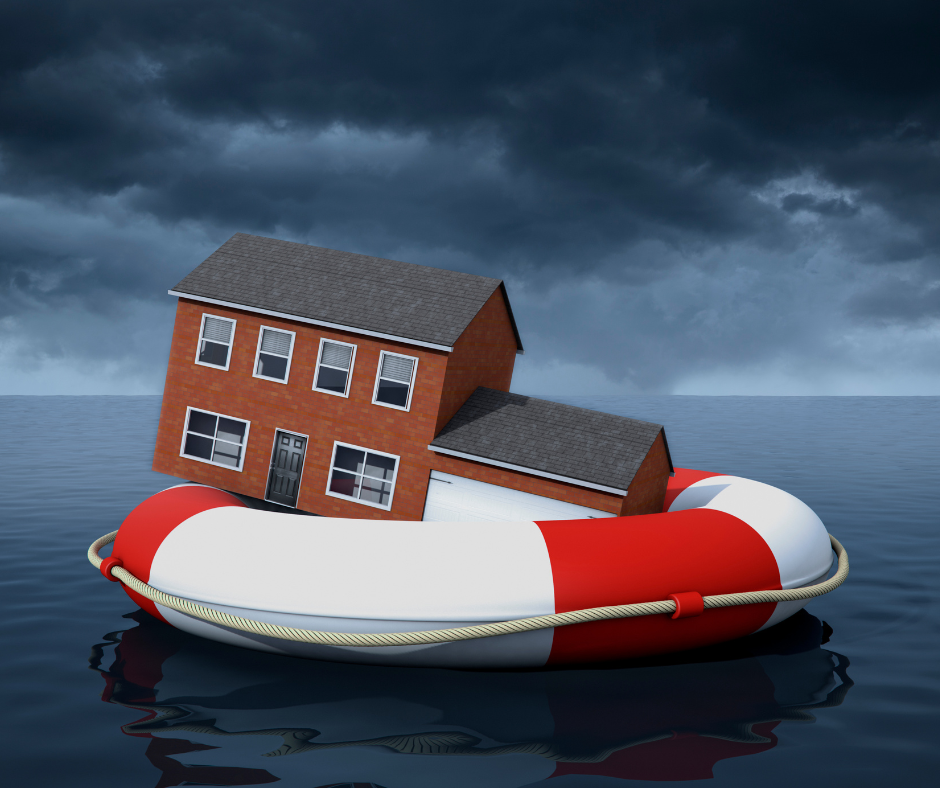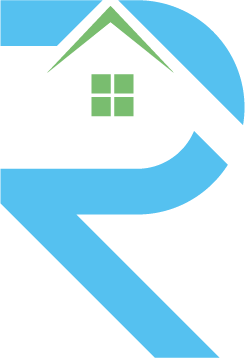Navigate Your Insurance Journey
Apply NowInsurance Guidance
Choosing to buy a house may be an exciting and transformative choice. There are a number of important procedures to take when starting the process of purchasing a home in Canada, and insurance is essential to protecting both your investment and your financial stability. I have helped many clients through the complexities of insurance during the home-buying process as an experienced mortgage broker. I will offer you insightful advice on a range of insurance-related topics unique to the Canadian home-buying process, enabling you to make wise choices.
Mortgage default insurance (CMHC, Genworth, Canada guarantee)
In Canada, mortgage default insurance, or CMHC insurance, is a crucial component of the home-buying process, especially in cases when the borrower contributes less than 20% of the purchase price. Here are some important points to consider:
- Mortgage default insurance providers: Canada Mortgage and Housing Corporation (CMHC), Genworth Financial, and Canada Guaranty are the three main players in the Canadian mortgage default insurance industry. To make an educated choice, it is important to understand their individual policies and premium structures.
- Costs: The cost of mortgage default insurance is indicated as a percentage of your mortgage debt and is dependent upon your original down payment. In general, your insurance price will be greater the smaller your down payment. Either pay the whole amount up front or factor it into your mortgage payments.
- Amortization period: Mortgage Default Insurance is offered for amortization periods of up to 25 years, however lenders may place certain restrictions on it. In order to meet your financial objectives, it is imperative that you and your lender talk about your alternatives and terms.
- Beneficiary: It’s crucial to remember that the lender is the chosen beneficiary even though you are the one paying for the insurance. This indicates that rather than offering personal coverage, the insurance protects the lender’s interests in the event of failure. It does, however, make it possible for you to purchase a home with a smaller down payment, increasing the number of options for homeownership.
Homeowners insurance
In Canada, protecting your property requires acquiring homeowners insurance. It covers a wide range of risks, such as vandalism, theft, fire, and liability. Think about the following:

- Coverage: It’s important to know what is and isn’t covered by homeowners insurance because it might vary greatly. While personal property insurance insures your possessions, dwelling coverage safeguards your home’s structure. It is important to get liability insurance in case someone is hurt on your property.
- Policy limits: Check the insurance limits to make sure they correspond to the worth of your house and belongings. If you possess valuable objects such as jewelry or artwork, you might want to think about include endorsements to ensure that they are properly protected.
- Discounts: Find out what reductions you could be eligible for if you install security systems, bundle your car and house insurance, or have never filed a claim before.
- Flood insurance: Homeowners insurance covers many other hazards, but it usually does not cover flood damage. It makes sense to think about getting supplemental flood insurance if your property is situated in a flood-prone location.
Title insurance
Title insurance is an additional important component of the Canadian home-buying process. It protects the property against title-related issues and upholds your rightful ownership of it. Here’s what you should be aware of:
- Owner’s vs. Lender’s title insurance: Owner’s title insurance differs from lender’s title insurance in that the latter protects the lender’s interest in the property and is frequently mandated by lenders. It’s also highly recommended that you obtain owner’s title insurance to protect your ownership rights.
- Coverage: Fraud, encroachments, and concealed liens are just a few of the issues that title insurance guards against. It gives you peace of mind to know that your property is safe.
Title search: To check for any possible issues, a title search is conducted before to purchasing title insurance. Most of the time, any problems can be resolved before closure.
Cost: Title insurance often has a one-time closing cost that must be covered. That is a relatively small outlay of funds when you consider the potential legal costs of later defending your ownership.
Flood insurance
Because of the country’s varied topography, flood dangers can change greatly from one area to another. Flooding has been a greater worry in a number of the nation’s regions in recent years. How to determine if you require flood insurance is as follows:

- Flood zone assessment: Evaluate your property’s proximity to a high-risk flood zone by using the official government flood maps. This important information may affect your choice of flood insurance.
- Lender criteria: If your property is located in an area that floods easily, certain lenders can require that you get flood insurance. It’s wise to consider this coverage option even if it’s not required.
- Governmental initiatives: Look into any local government programs that could provide flood insurance. Some provinces use private insurers, while others use government programs to manage flood insurance.
- Cost variability: Depending on your location and the amount of risk that has been determined, the cost of flood insurance might vary greatly. Get insurance estimates and include the cost in your total spending plan.
Mortgage life insurance
If you own a property and are worried about how your family will make ends meet in the case of your death, you may want to look into mortgage life insurance. The following are some crucial points to consider:

- Coverage: Mortgage life insurance provides peace of mind that your loved ones won’t have to worry about making mortgage payments in the event of your death by guaranteeing that your outstanding loan balance is paid off in full.
- Premiums: Your monthly mortgage installments usually include the cost of your mortgage life insurance. Because whole life insurance rates might be higher than those of term life insurance, it is essential to evaluate which choice is more cost-effective.
Ownership: Mortgage life insurance is commonly held by the lender, in contrast to term life insurance, which permits you to designate beneficiaries. This means that the benefit is utilized to settle the mortgage entirely.
Transferability: Since mortgage life insurance is frequently linked to a particular mortgage, it might be difficult to relocate or refinance without losing coverage. Comparatively, term life insurance offers more flexibility in this area.
Mortgage insurance for high-ratio mortgages
Mortgage default insurance is required if you have a high-ratio mortgage (i.e., if your down payment is less than 20%). Additionally, as the borrower, you have the choice to protect the lender by purchasing mortgage insurance. Here’s what you should be aware of:
- Coverage: You, the borrower, receive extra security when you purchase mortgage insurance for high-ratio mortgages. It can cover home payments in the case of disability or job loss.
- Payments:The expenses of mortgage insurance for borrowers are separate from the insurance payments made by CMHC. A few factors that influence premiums are age, mortgage balance, and coverage.
- Beneficiary: Mortgage insurance for borrowers often provides benefits directly to you, as opposed to mortgage life insurance, in which the lender is the beneficiary.
Ongoing insurance review
Once you have insurance for your new house, it is important to review and renew your policy on a regular basis. These are the causes:
- Home improvements: You may want to think about raising the value of your homeowners insurance if you make significant repairs or renovations to your house.
- Life changes: Divorce, marriage, and childrearing are a few examples of how significant life events might impact your insurance needs. Verify that the insurance you have meets your demands as of right now.
- Policy updates: Regularly review your insurance policy to remain informed about any changes to the terms, deductibles, or costs.
An essential component of the Canadian home-buying process is insurance. Your property, your investment, and your financial security are all safeguarded. Working closely with a knowledgeable mortgage broker like me and being aware of your alternatives for insurance will help you make well-informed selections that will provide peace of mind as you start your homeownership journey.
